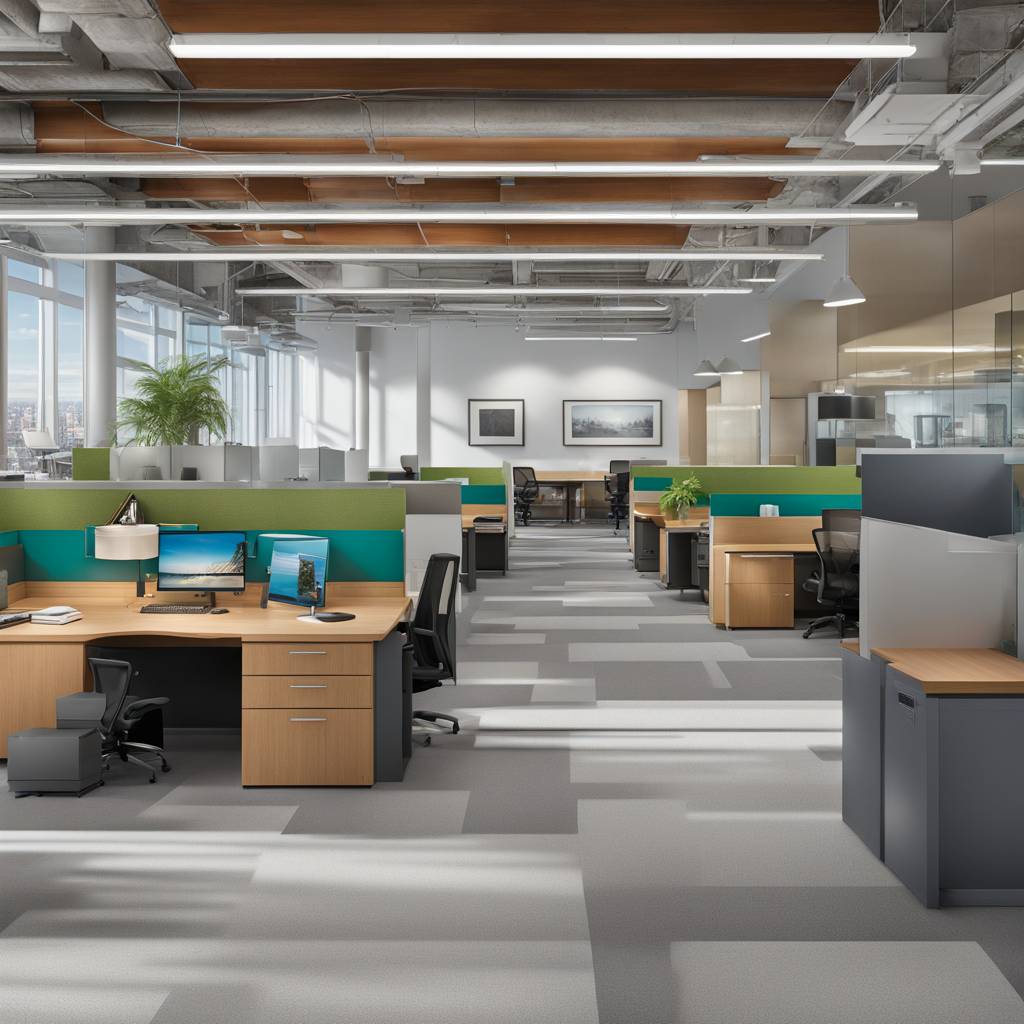Amazon is testing out new workplace layouts at its “Sonic” tower in Bellevue, including a “Team Suite” for focused meetings. However, a new Q1 report from Kidder Mathews shows that regional vacancy rates in the Seattle area have risen to 15.1%, marking the ninth consecutive quarterly increase and the ninth straight quarter of negative net office absorption. Before the pandemic, vacancy rates in the Seattle region were around 6%, but with the adoption of hybrid work policies and the tech downturn causing layoffs, the need for office space has decreased significantly. This is a stark contrast from the previous decade when tech companies were rapidly expanding and leasing office space across Seattle.
The adoption of hybrid work policies by companies has led to a reduction in real estate footprints, as many tech firms are offering remote-friendly options for employees. The tech downturn that began in 2022 also contributed to companies trimming expenses and laying off workers, further reducing the need for office space. Vacancy rates in Seattle have increased from 16.6% in the fourth quarter of last year to 18.35% currently, with downtown Seattle ranking low on a list of U.S. cities on downtown recovery. Despite a 16% increase in daily workers in downtown Seattle compared to the same period last year, it is still only around half of pre-pandemic levels.
The struggling office market in Seattle could have implications for the city’s tax revenue, especially with a budget shortfall. Seattle Mayor Bruce Harrell has proposed legislation to help developers convert office space for residential use in an effort to address the issue. Despite 13 major office projects under construction in the Seattle region, developers have put the brakes on any new construction indefinitely, according to the Kidder Mathews report. Google has also reportedly paused plans to build the fourth building at Kirkland Urban, as revealed in a report from Broderick Group.
Seattle’s strength as a technology hub has allowed many companies headquartered downtown to rely on remote work, further reducing the need for office space in the area. However, this trend could have long-term implications for the city’s tax revenue and economic outlook. While there are still proposed office projects in both Seattle and Bellevue, developers are taking a cautious approach to new construction. Amazon, which is expanding in Bellevue, has announced that it is restarting construction on a 42-story office tower in the area after pausing to assess the impact of hybrid work.


